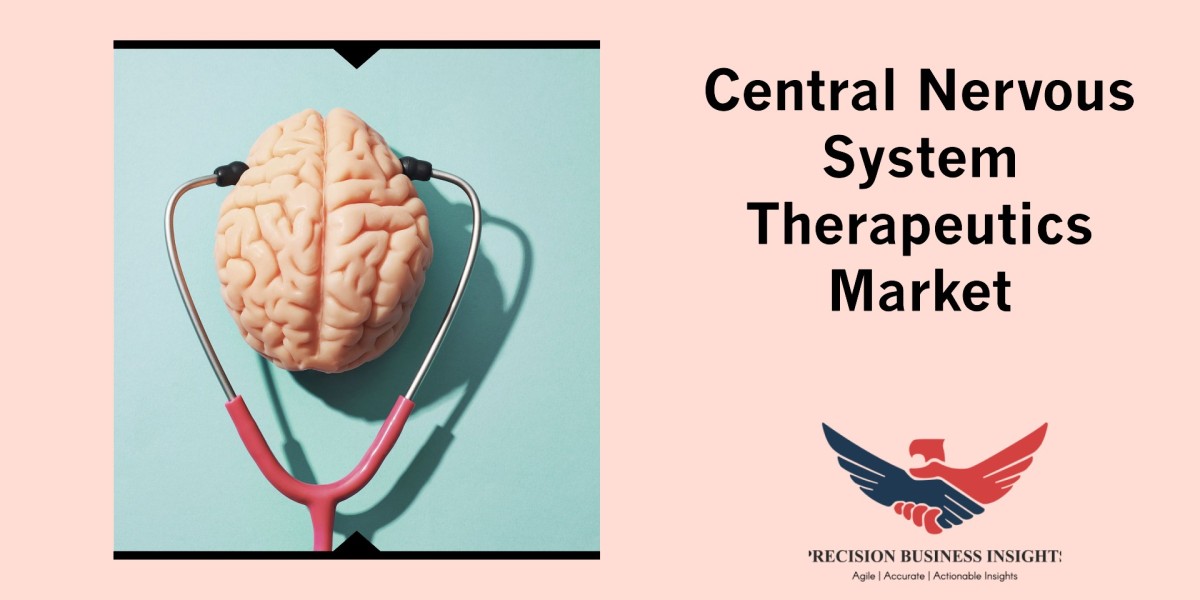Understanding PTSD and Its Effects
Post-Traumatic Stress Disorder (PTSD) is a mental health condition that occurs after experiencing or witnessing a traumatic event. These events may include military combat, sexual assault, natural disasters, serious accidents, or any situation where one feels their life or safety is threatened. PTSD can manifest in various ways, including:
- Intrusive Memories: Flashbacks, nightmares, or unwanted memories of the traumatic event.
- Avoidance: Avoiding places, people, or activities that remind the individual of the traumatic experience.
- Hyperarousal: Increased anxiety, irritability, and difficulty sleeping. Individuals may be easily startled or constantly on edge.
- Negative Mood Changes: Feelings of guilt, shame, and detachment from others.
The impact of PTSD on daily life can be profound. Relationships, work, and personal well-being are often affected, and without proper treatment, the condition may worsen over time. For individuals in West Hollywood, seeking a PTSD specialist can make a significant difference in managing symptoms and improving quality of life.
The Role of a PTSD Specialist in West Hollywood
A PTSD specialist is a mental health professional trained to help individuals process and recover from traumatic events. They use a variety of therapeutic techniques to help patients confront their trauma, manage symptoms, and reclaim control over their lives. Some of the approaches a PTSD specialist in West Hollywood might use include:
- Cognitive Behavioral Therapy (CBT): This form of therapy helps individuals identify negative thought patterns and replace them with healthier ones. It’s particularly effective in helping patients process their trauma in a safe and structured way.
- Eye Movement Desensitization and Reprocessing (EMDR): EMDR is a specialized technique used to help individuals reprocess traumatic memories and reduce their emotional intensity. This method is particularly effective for PTSD patients who struggle with intrusive memories and flashbacks.
- Exposure Therapy: A method used to help patients face and gradually become less sensitive to situations or stimuli that remind them of their trauma.
By working with a PTSD specialist in West Hollywood, individuals can take steps toward recovery. It’s important to note that PTSD treatment is not one-size-fits-all; therapy is tailored to the individual's needs, ensuring they receive the best possible care.
Bipolar Disorder: Understanding the Condition
Bipolar disorder supportive therapy west hollywood is a mood disorder characterized by extreme mood swings that include emotional highs (mania or hypomania) and lows (depression). These shifts in mood can be intense and affect energy levels, activity, and the ability to carry out day-to-day tasks. The two main types of bipolar disorder are:
- Bipolar I Disorder: Characterized by episodes of full-blown mania lasting at least seven days, often followed by depressive episodes.
- Bipolar II Disorder: Involves a pattern of depressive episodes and hypomanic episodes (less severe mania), but without full-blown manic episodes.
Symptoms of bipolar disorder vary depending on whether the individual is in a manic or depressive state. During a manic episode, an individual may experience heightened energy, reduced need for sleep, and risky behavior. Conversely, during a depressive episode, they may feel hopeless, fatigued, and lose interest in activities they once enjoyed.
Supportive Therapy for Bipolar Disorder in West Hollywood
Supportive therapy for bipolar disorder plays a crucial role in helping individuals manage their mood swings and lead fulfilling lives. In West Hollywood, bipolar disorder supportive therapy may include a range of therapeutic approaches designed to stabilize mood and offer long-term coping strategies. Common elements of supportive therapy for bipolar disorder include:
- Psychotherapy: Often called "talk therapy," psychotherapy helps individuals better understand their bipolar disorder and develop healthy coping mechanisms. Cognitive Behavioral Therapy (CBT) is commonly used to help patients manage mood swings and recognize triggers that might lead to a manic or depressive episode.
- Medication Management: Medications such as mood stabilizers, antipsychotics, and antidepressants are often used to treat bipolar disorder. A licensed therapist or psychiatrist in West Hollywood can help individuals find the right combination of medications to manage their symptoms effectively.
- Interpersonal and Social Rhythm Therapy (IPSRT): This therapy focuses on helping individuals maintain consistent daily routines and improving relationships with others. Establishing a regular routine can reduce the likelihood of manic or depressive episodes.
The combination of psychotherapy, medication, and lifestyle management is key to treating bipolar disorder. A bipolar disorder specialist in West Hollywood can provide the guidance and support needed to navigate the complexities of the disorder.
Finding the Right Specialist in West Hollywood
Living with PTSD specialist west hollywood or bipolar disorder can be challenging, but the right specialist can help you manage these conditions effectively. West Hollywood is home to many experienced mental health professionals who specialize in treating these disorders. When searching for a PTSD specialist or a therapist who provides supportive therapy for bipolar disorder, consider the following:
- Credentials and Experience: Look for licensed mental health professionals with experience in treating PTSD or bipolar disorder.
- Treatment Approach: Ensure the therapist uses evidence-based therapies like CBT, EMDR, or IPSRT, depending on your needs.
- Personal Comfort: It’s important to feel comfortable with your therapist. A good rapport between therapist and patient can enhance the effectiveness of treatment.
Conclusion
If you or someone you know is struggling with PTSD or bipolar disorder, seeking help from a specialist in West Hollywood can provide the support and tools needed to manage these conditions. PTSD specialists and bipolar disorder supportive therapy can lead to significant improvements in mental health, empowering individuals to live healthier and more fulfilling lives. Don’t hesitate to reach out to a mental health professional in West Hollywood to begin your journey toward recovery.













